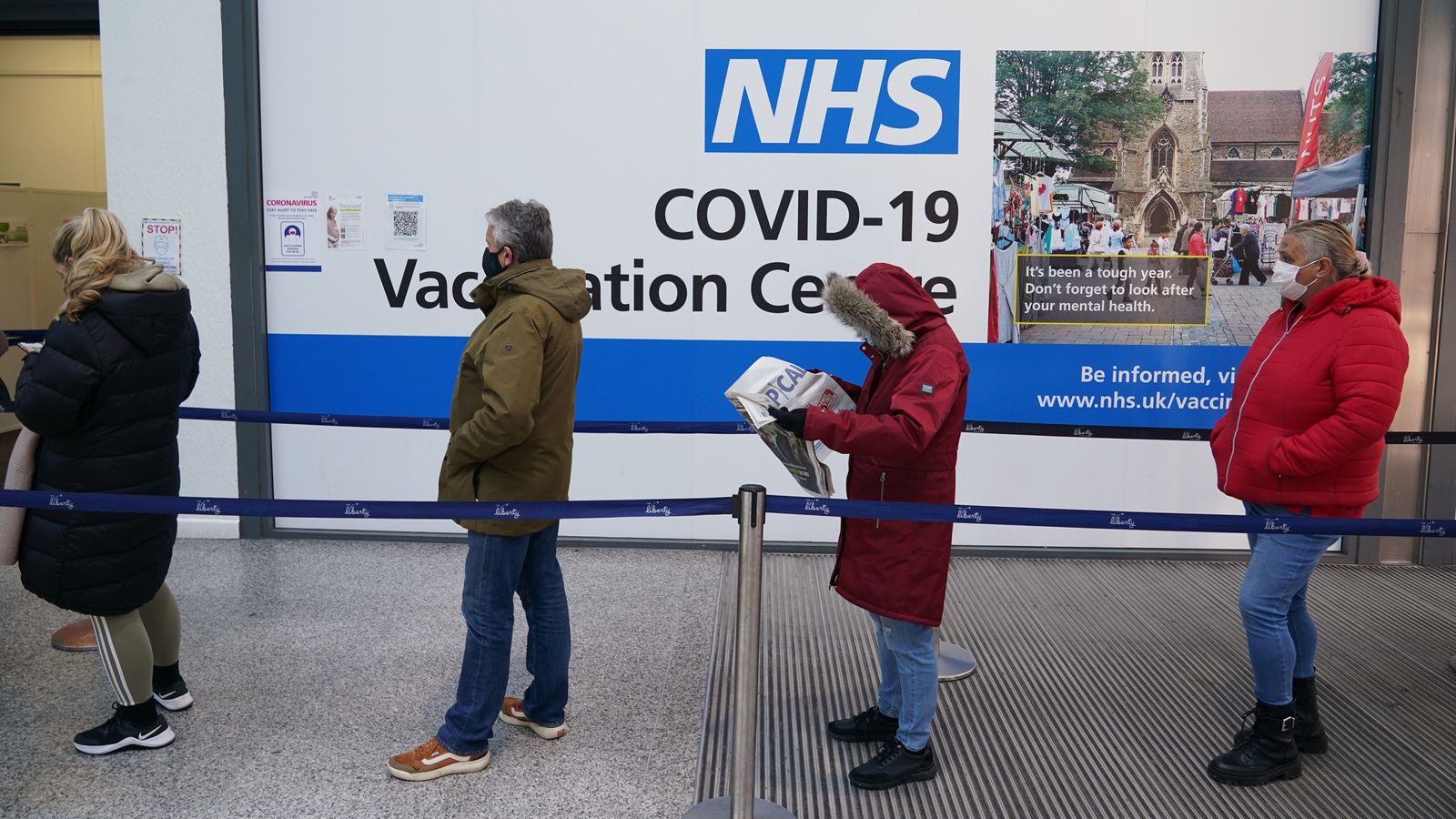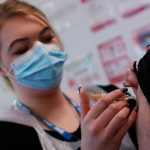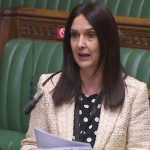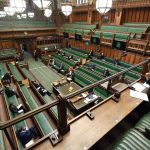More than half the confirmed cases of the new Omicron variant in the UK have occurred following at least two vaccination doses, health officials have said.
A new technical briefing from the UK Health Security Agency (UKHSA) says 12 of the 22 known cases up to 30 November had been fully vaccinated.
Another two people infected had been given their first dose at least four weeks earlier.
Six were unvaccinated, with no data available on two of the cases.
However, the data does not tell us how well the vaccine protects against Omicron.
The majority of Delta cases are also in the fully-vaccinated, because more than 80% of the population over 12 has now had two jabs.
See the latest updates on COVID in the UK and around the world
The UKHSA has also released a risk assessment of the Omicron variant.
It places the highest “red” alert against the virus for its theoretical ability, based on its mutations, to evade both vaccine and naturally-acquired immunity. It also warns that it could reduce the effectiveness of monoclonal antibody treatments.
It is important to note, however, that the UKHSA’s confidence level for the following bullet points is “low”.
Please use Chrome browser for a more accessible video player
The UKHSA added that PCR tests are able to distinguish Omicron from other variants, giving a “strong early signal” of UK infections.
So called S-gene drop out, which is indicative of Omicron and some other variants, has risen by 141% in the last week. In the previous 90 days it was fluctuating up and down, suggesting the new rise is linked to faster growth.
The document notes: “However, the number cannot be interpreted as a change in transmissibility or an increase in the absolute number.”
Monitoring of wastewater has found “very little evidence” of Omicron up to 21 November, but more recent data is being analysed.
In another update on Friday, the Scientific Advisory Group for Emergencies (SAGE), said Omicron may be more transmissible through the air.
Minutes from its latest meeting say Omicron “might show more airborne transmission”.
There are strong caveats, however. The “preliminary indications” are made with “low confidence”, the summary adds.
Regarding potentially increased restrictions, SAGE said that the earlier they are introduced, the more stringent they are and the wider their geographic coverage, “the more effective they will be”.
Follow the Daily podcast on Apple Podcasts, Google Podcasts, Spotify, Spreaker
Confirmed Omicron cases in the UK are expected to rise sharply.
An update of genetic sequencing data by the COVID-19 Genomics UK Consortium, which does the bulk of the variant analysis, reveals there have been 56 cases of Omicron in England.
Currently the UKHSA puts the total in England at 29.
A source confirmed that there will be an official update to UKHSA figures “shortly” and the UK total “won’t be less” than 66.
COG-UK currently puts the number of confirmed cases in Scotland at 10, but First Minister Nicola Sturgeon has confirmed more infections, bringing the total for the nation to 29.
The UKHSA takes data from a couple of sources when compiling totals.
In other developments, someone’s previous COVID infections will determine their body’s immune response to future variants, according to new research.
And the speeding up of booster jabs in England will happen no later than 13 December, NHS bosses have said.
From that date, or earlier, the online booking system will be updated in order to allow people to book their booster jab three months after their second dose.
Your Omicron questions answered: Watch a special programme with COVID experts on Sky News at 7pm






















